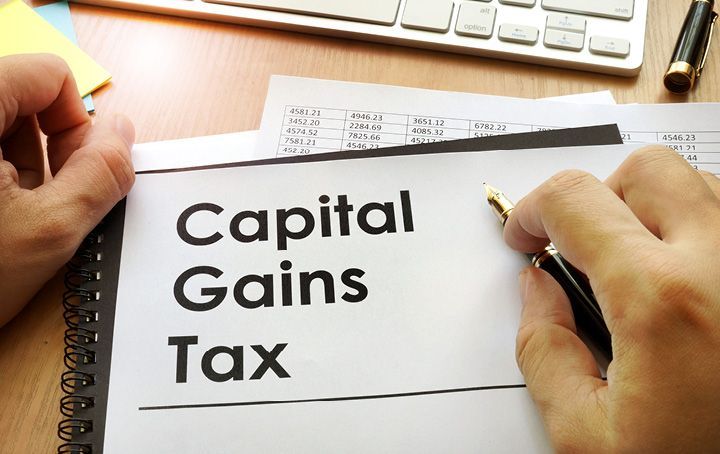Selling shares, how much capital gains tax will you pay? Did you know that when you sell your shares, the size of your capital gains tax bill is affected by how long you’ve held the shares, and how you offset your capital gains and losses?
 Selling shares, how much capital gains tax will you pay? Knowing the tax rules can help you plan ahead.
Selling shares, how much capital gains tax will you pay? Knowing the tax rules can help you plan ahead.
Whether you own just a few listed shares or have an extensive portfolio, understanding how capital gains tax (CGT) applies when you are selling shares, this will help you plan your trades effectively. Here, we break down the rules for taxpayers who hold their shares as a passive investment. If you trade shares on a scale that amounts to a business of share trading, talk to your tax adviser about the different tax regime that applies.
Each time you sell a parcel of shares, you trigger a “CGT event” and you must work out whether you’ve made a capital gain on that parcel (where the proceeds you receive exceed the cost base) or capital loss (where the cost base exceeds the proceeds). You also trigger a CGT event if you give the shares away as a gift – perhaps to a family member. For tax purposes, you’re deemed to have disposed of the shares by selling the shares at their full market value.
Selling shares, here’s how the CGT rules work: all of your capital gains for the income year are tallied and reduced by any capital losses.
This includes your gains and losses from all of your assets that year, not just shares. If you have an overall “net capital gain”, this is included in your assessable income and taxed at your marginal tax rate. If you have a “net capital loss”, you can’t offset this against ordinary income like salary or rental income. Instead, a net capital loss can be carried forward to future years to apply against future capital gains.
The 12-month discount rule
As an individual, you can reduce your capital gain by 50% if you’ve held the shares for at least 12 months. This “discount” is also available to trusts (also 50%) and superannuation funds, including SMSFs (33.3%), but not companies. This is an important consideration when you’re deciding what structure to hold investments in.
When you are selling shares, there is a further detail that may make a big difference if you have multiple gains and losses: the 50% discount is only applied after you subtract any capital losses for the year (and any capital losses carried forward from earlier years). Importantly, you can choose which gains to offset losses against. So, if you have any gains that don’t attract the discount because you held the asset for less than 12 months, it’s often best to subtract your losses against these non-discountable gains first in order to maximise the benefit of the 50% reduction to the discountable gains.
If you bought the shares before 21 September 1999, you have an alternative option of applying an indexation factor to increase the cost base (rather than applying the 50% discount). Your tax agent can help you determine which choice gives you a better tax outcome.
Working out the “cost base”
Where you bought the shares at market value, your cost base includes what you paid for the shares and also incidental costs like brokerage fees (for both the purchase and sale). Watch out for special situations like dividends you chose to reinvest as additional shares – the amount of reinvested dividends is included in those shares’ cost base. You need to work out the cost base before you think about selling shares.
If you received the shares as a gift, you’re deemed to have received them at market value on the date of the gift. What if you inherited them from a deceased estate? If the deceased acquired the shares before 20 September 1985, you must adopt the market value on the date of death. But if the deceased acquired the shares after that date, you inherit the deceased’s own cost base for the shares as at the date of death.
Selling shares, how much capital gains tax will you pay? Looking to invest in the share market?
Contact Hunter Partners on (07) 4723 1223 for expert advice on managing and selling your share portfolio to achieve the most tax-effective investment returns.
Hunter Partners are Accountants, Tax Agents and Financial Planners. We can assist you with all aspect of your accounting, tax and financial planning requirements, call Hunter Partners on (07) 4723-1223.
Personal Tax, Super and Financial Planning
- Hits: 3512